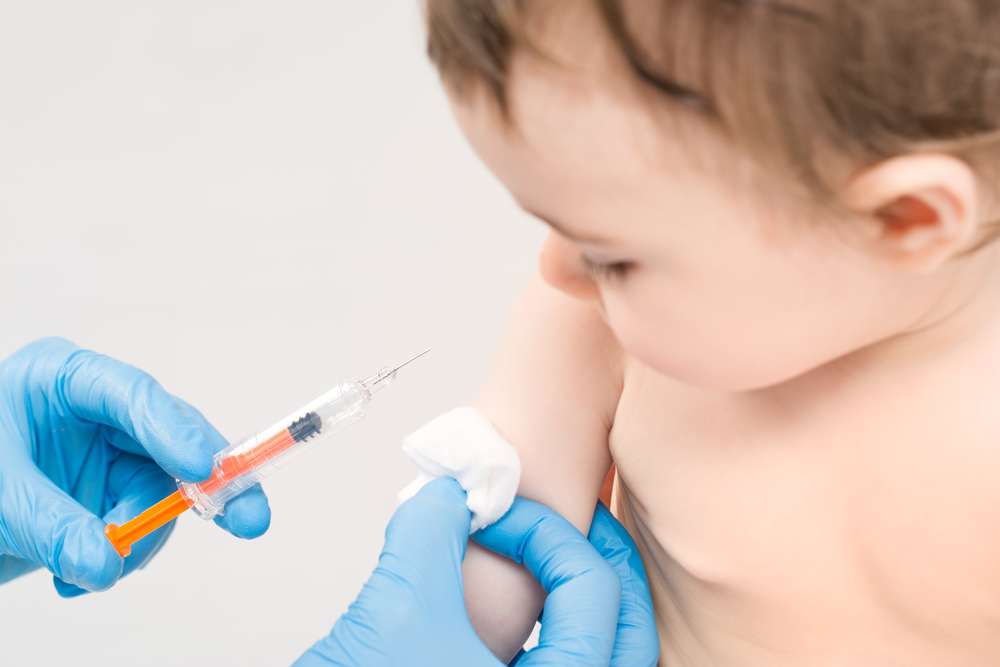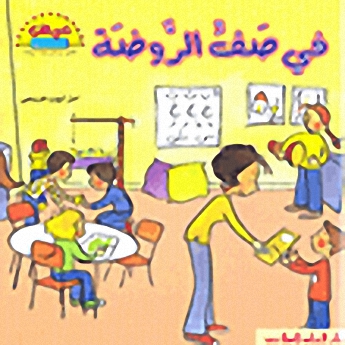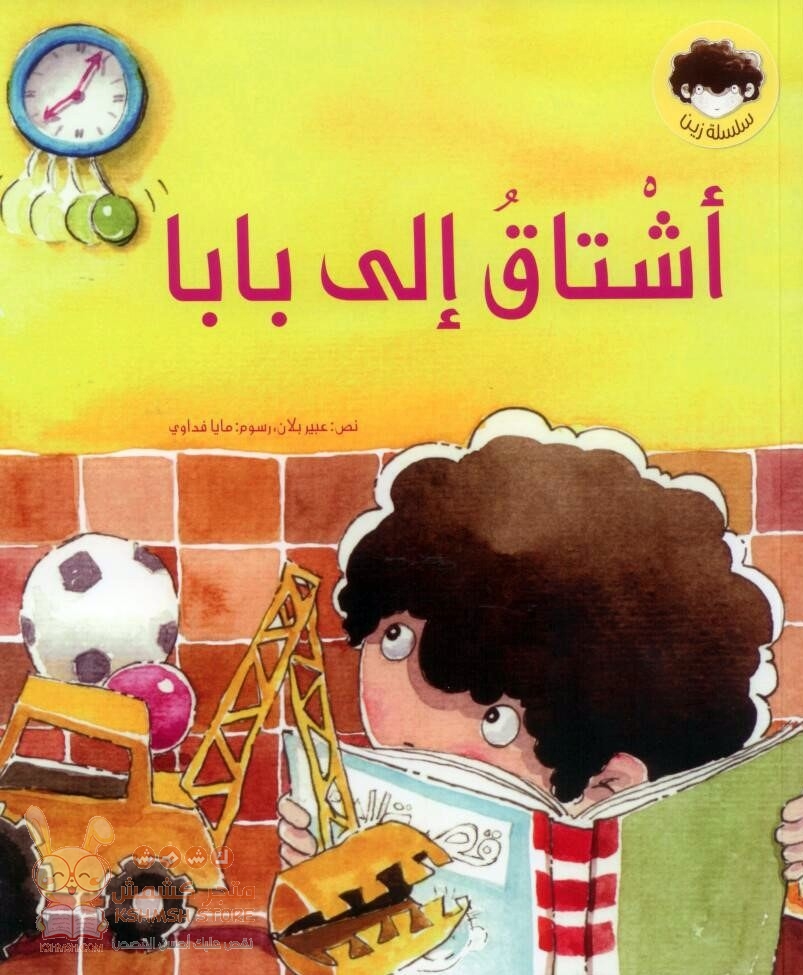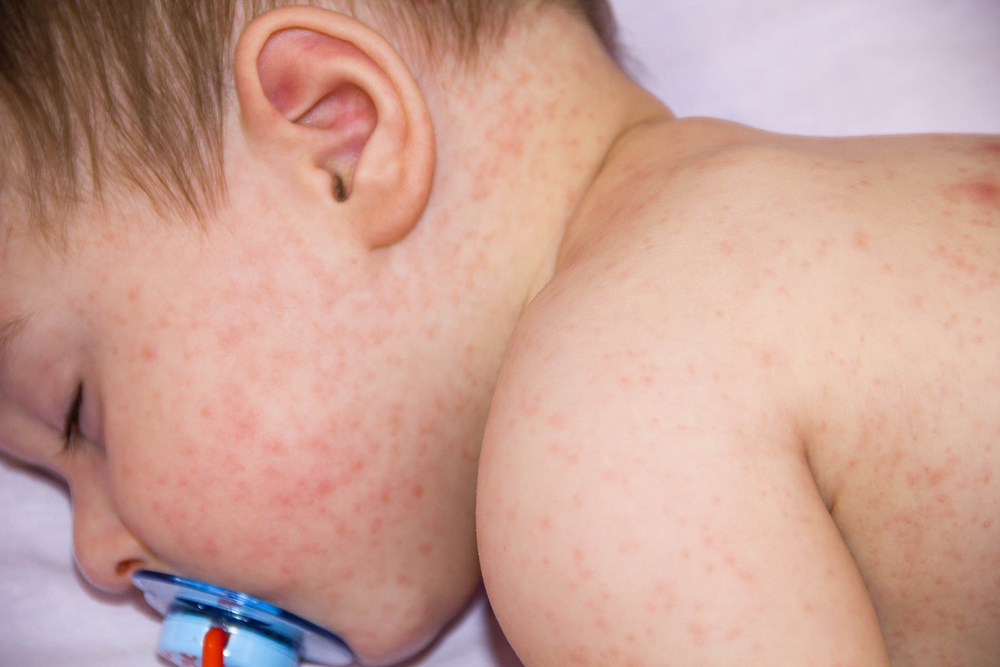Misconceptions about Vaccines

By: Salma Hijaz, Pharmacist
Recently, a lot of misconceptions about vaccination are largely spreading among people, sometimes affecting parents’ trust and confident in the true benefits of vaccines to humanity in general.
This has come out of the false understanding of how these vaccines actually work, and which vaccines are more important than others depending on the child's health condition.
In this article, I am addressing the most common misconceptions about vaccines:
Vaccines cause Autism
The story started when a British doctor Wakefield has published 1998 an article in a reputable scientific magazine on 12 British children who were diagnosed with autism, linking their condition to the MMR vaccine (Measles, Mumps and Rubella).
After further investigation, it was found that this doctor had a direct relation to the lawyers of these children, it was also found that he didn’t have the hospital ethics committee approval for his study, later he removed his article and then fled to USA.
So, does the MMR vaccine cause Autism?
No! according to all highly reputable communities and scientists like the American FDA, several studies were conducted over the last twenty years that have proven no truth to Wakefield claims.
Others have claimed that there is some relation between Autism and vaccines due to element mercury, which can cause such conditions if found in the body at certain percentages.
The fact is that the MMR vaccine doesn’t contain Mercury, few other vaccines did contain Mercury and later Mercury was removed from their content.
However, the same levels of autism remained the same before and after removing mercury from vaccines!
The MMR vaccine (18-month vaccine) makes very serious side effects
The truth is that this vaccine is not administered for the first time, but it is the second time the child gets the same vaccine.
12 and18 months vaccine are both made of Measles, German Measles, Mumps, diphtheria, tetanus and pertussis.
The only difference between them is Pertussis “Whooping cough”, where it is stronger in the 18 month vaccine, which might cause little fever and some pain at the site of administration.
To relieve the side effects of the 18 month vaccine, you can give your child something for fever and a lot of liquids, other than that the you must refer to the pediatrician
Vaccines in the Ministry of Health are fresher than vaccines in the private sector
Vaccines come from their country of origin in the form of a tender, and gets stored in the ministry of health storages, and upon demand vaccines are delivered to the centers subsequently.
In private clinics pediatricians get their vaccines from drugstore agents, that also provide the same vaccines for the ministry of health.
Missing vaccines in the Ministry of health centers vs. private clinics.
The Jordanian National program has three gaps is their program (ordered from the most important to least):
-
Pneumococcal conjugated vaccine:
will be introduced very soon to the National immunization program.
Parents are encouraged to take it in the private sector in four doses, 2 months, 4 months and 6 months followed by a booster dose at 12-15 months.
-
Smallpox vaccine.
The first dose is given at the age of 12 months followed by the second dose after three months. -
Hepatitis A vaccine:
will be introduced very soon to the National immunization program.
The first dose at 12 months and followed by the second dose after 6 months.
All other vaccines in the private sector and in the Ministry of Health are completely the same in terms of side effects and quality, it is a misconception that one is better than the other.
The first month vaccine (Tuberculosis vaccine) must leave a mark on the arm of the child
5-10% of people don’t get a mark on their arm after having Tuberculosis vaccine, and they do get immunized even if they don’t have the mark.
But there is a correlation between asthma and this vaccine, those who don’t get a mark from the vaccine might get asthma when they become older higher than those who do get the mark.
If a child has higher fever that means he responded better to the vaccine and has better immunity.
Different responses vary from one child to another and there is no scientific proof for this claim.
Is it better for a child to have smallpox as a disease in their childhood?
There is an old hearsay that encourages children to contact Smallpox.
The answer is No, we do not want the child to get the smallpox, it’s better to have the vaccine at the age of 12 months followed by another dose at 15 months.
It is better for a child not to contact it at 6-12 months, because he/she might have serious consequences.
And people in their twenties and above also can have some serious complications if contacted after this age, which can lead to serious chest infections, meningitis, skin infections, liver infections and possibly death.
Smallpox vaccine is not included in the national immunization program and is taken in private clinics, and it is highly recommended for all age groups.
***
Who should avoid vaccines and why?
We can avoid vaccination only for the below cases:
-
Children with severe allergies to any of the vaccine components.
-
Children who have a weakened immune system (upon pediatrician advice).
-
Children who are moderately to severely ill or have a fever of 38.5 Celsius.
-
Cancer children, those taking cortisone and immunodeficient children must not take live vaccines (measles, German measles, Mumps, smallpox) except through a pediatrician supervision.
Small fever, little diarrhea, are not precautions that prevent parents from administering the vaccine.
Children with asthma and kidney disease and low immunity are the most important group to get vaccinated.


















